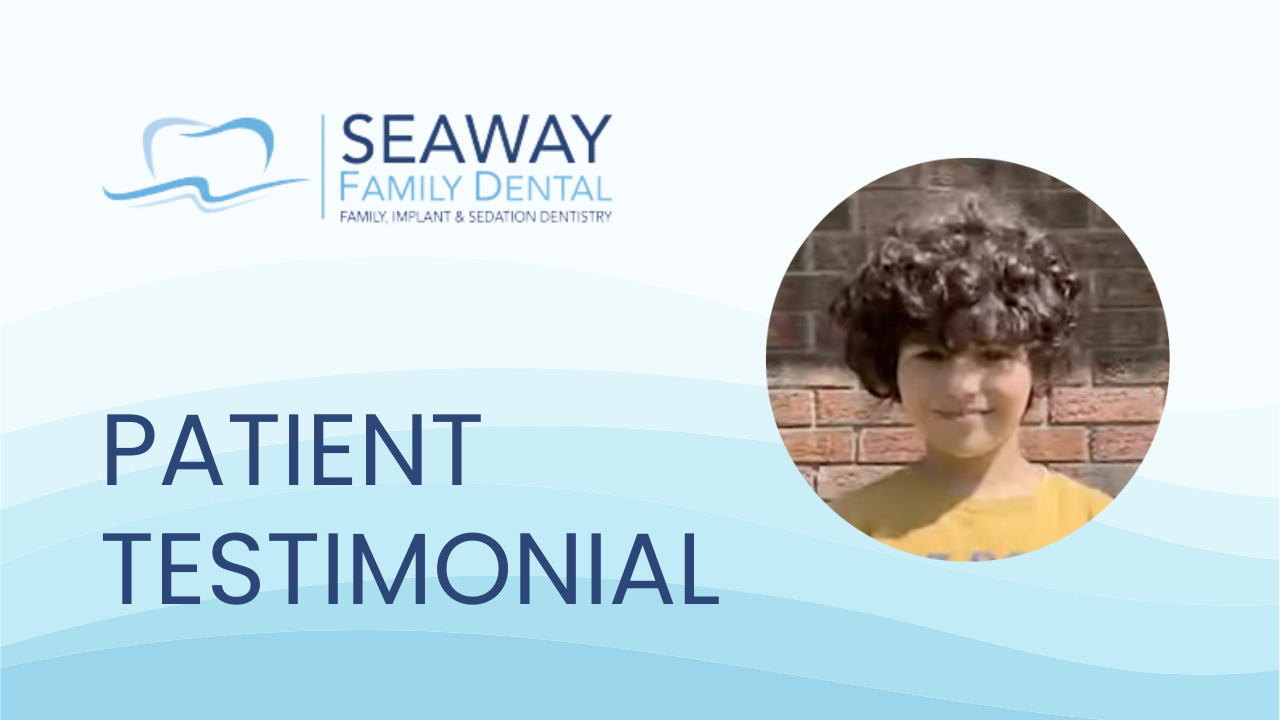
Keep Your Teeth and Gums Healthy
Regular teeth cleanings and checkups play a vital role in protecting your oral health, including your teeth, gums, and the entirety of your mouth. Such cleanings remove plaque, tartar, and bacteria that contribute to tooth decay, gum disease, and chronic halitosis. A hygienist has the tools and expertise to reach spots you might not be able to with home brushing and flossing. A thorough cleaning and examination allow your hygienist and dentist to monitor your oral health closely and catch potential problems before they turn into severe and expensive issues.
Additionally, regular teeth cleanings can naturally enhance the whiteness and brightness of your smile, eliminating the need for bleaching treatments.
- Removes plaque, a sticky bacterial substance that erodes enamel.
- Clears away tartar, hardened plaque that can cause gum disease.
- Erases stains from coffee, tea, and other substances.
- Checks for receding gums, chips, breaks, and signs of disease or infection.
What to Expect at Your Teeth Cleaning Appointment
The Importance of Gum Health
Gum health is crucial yet frequently overlooked. Your gums not only support your teeth but also enhance your smile. During your visit, we’ll thoroughly examine your tongue, gums, teeth, and all areas of your mouth, paying extra attention to your gum line to ensure overall oral health. We’ll check for any signs of inflammation or potential gum disease. Don’t worry—we’ll discuss your flossing habits gently.
The Benefits of Plaque and Tartar Removal
Plaque is a sticky, soft film that forms on your teeth and, without regular and thorough cleaning, can turn into tartar. This harder substance is usually darker and locates itself in difficult-to-reach areas like the gumline. Our skilled hygienists have the right tools and expertise to carefully scale away any plaque and tartar buildup. Following the removal, we polish your teeth to remove any stains, leaving your smile bright and clean.
Comprehensive Dental Examination
After your teeth are professionally cleaned, it’s the ideal time for a dental exam. Your dentist will review your dental records and x-rays to focus on any problem areas or concerning trends. They may suggest further treatments or offer advice on how to manage or reverse tooth decay, inflammation, and gum disease. We’re here to address any questions you might have or discuss any discomfort, sensitivity, or pain you’ve experienced in your teeth.
Cost Of Teeth Cleaning In Cornwall
Routine checkups and cleanings are key to preventing dental issues, which is why most insurance companies often cover them almost entirely, typically every six months. If you don’t have dental insurance, the cost can range from $120 to $300 or more, particularly if it’s your first visit or if it’s been a while since your last cleaning.
- We consider several key factors when calculating the actual cost of your treatment:
- Current oral health condition.
- The need for additional x-rays.
- Time investment by our dental professionals tailored to your needs.
- The specific equipment and supplies needed for your procedures.
We value routine appointments highly because we believe they are the best way to prevent the need for more invasive treatments, avoid serious dental pain, and keep you as happy and healthy as possible.
Contact us today
to schedule an initial consultation & exam.
Your consultation will include an examination of everything from your teeth, gums and soft tissues to the shape and condition of your bite. Generally, we want to see how your whole mouth looks and functions. Before we plan your treatment we want to know everything about the health and aesthetic of your smile, and, most importantly, what you want to achieve so we can help you get there.
Frequently Asked Questions
We typically suggest scheduling teeth cleanings and checkups every 6 months. Depending on your specific dental needs, the dentist might recommend more frequent visits. If there are constraints due to insurance coverage or cost, we can also arrange for longer intervals between appointments when absolutely necessary.
Don’t delay! Contact us immediately if you experience any pain or discomfort in your mouth. Cleanings are an ideal time to prevent dental problems, but not the only opportunity to address them. Report even minor issues as soon as they arise, so we can treat them before they escalate.
Absolutely, checkups assess your entire mouth—including gums, tongue, and bones. Even with dentures, it’s critical to verify they are fitting well and in excellent condition, while we also check your overall oral health.
On average, a dental cleaning lasts from 30 minutes to one hour, with you lying down comfortably in a dental chair during the session.
Use a fluoride-enhanced tartar-control toothpaste. Dental floss is essential for removing plaque between your teeth and preventing tartar in those tough spots, regardless of your brushing skills. Additionally, rinse every day and incorporate an antiseptic mouthwash into your daily routine to help destroy plaque-forming bacteria.
You can eat immediately after a regular dental cleaning, although you should avoid acidic or rough-textured foods and beverages. However, if your cleaning included a fluoride treatment, wait at least 30 minutes before eating anything.
Continuing to brush and floss your teeth following a cleaning is the ideal way to preserve the results of your dentist’s work.









